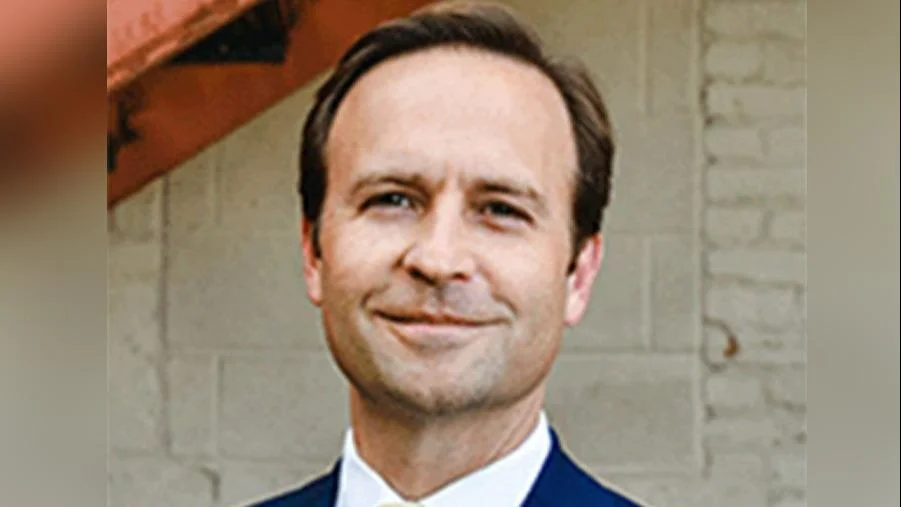Brian Calley President and Chief Executive Officer at Small Business Association of Michigan | Official website
Brian Calley President and Chief Executive Officer at Small Business Association of Michigan | Official website
The Senate Appropriations Committee has advanced its Fiscal Year 2026 budget recommendations to the chamber floor, including a new $372.5 million "Community Infrastructure Fund" for local governments and $100 million in economic relief grants related to White House tariff policies. These proposals are part of several bills moved by the committee on Tuesday.
Senate Appropriations Chair Sarah Anthony (D-Lansing) emphasized the importance of infrastructure investment, stating that it reflects "our commitment to building a stronger, more resilient state." The proposed fund aims to support local infrastructure projects, with $33.4 million designated for boosting revenue-sharing payments from Michigan’s sales tax.
The committee's PreK-12 budget suggests increasing the per-pupil allowance for public schools from $9,608 to $10,008, with half of the increase earmarked for teacher pay raises. Additionally, $258.7 million from the School Aid Fund is allocated to support schools with at-risk student populations.
Regarding economic relief grants, $20 million is reserved for businesses affected by former President Donald Trump's tariffs. The grant pool also includes funds for worker training, emergency preparedness, food banks, and re-shoring supply chain initiatives.
The Senate's general government proposal removes a previously allocated $75 million for establishing the Public Safety and Violence Prevention Fund. Instead, it introduces $100 million for "Community Safety Initiatives" overseen by the State Treasury. Sen. John Cherry (D-Flint) noted that this approach provides greater flexibility in addressing public safety concerns.
SB 184, introduced by Anthony as a supplemental bill, finalizes project requests to the Michigan Natural Resources Trust Fund using royalties from state-owned mineral rights sales and leases.
Most budget bills were moved forward by a 12-6 party-line vote on Tuesday without unanimous approval. Minority Vice Chair Jon Bumstead expressed hope that an agreement between the Senate and House would be reached promptly.





 Alerts Sign-up
Alerts Sign-up